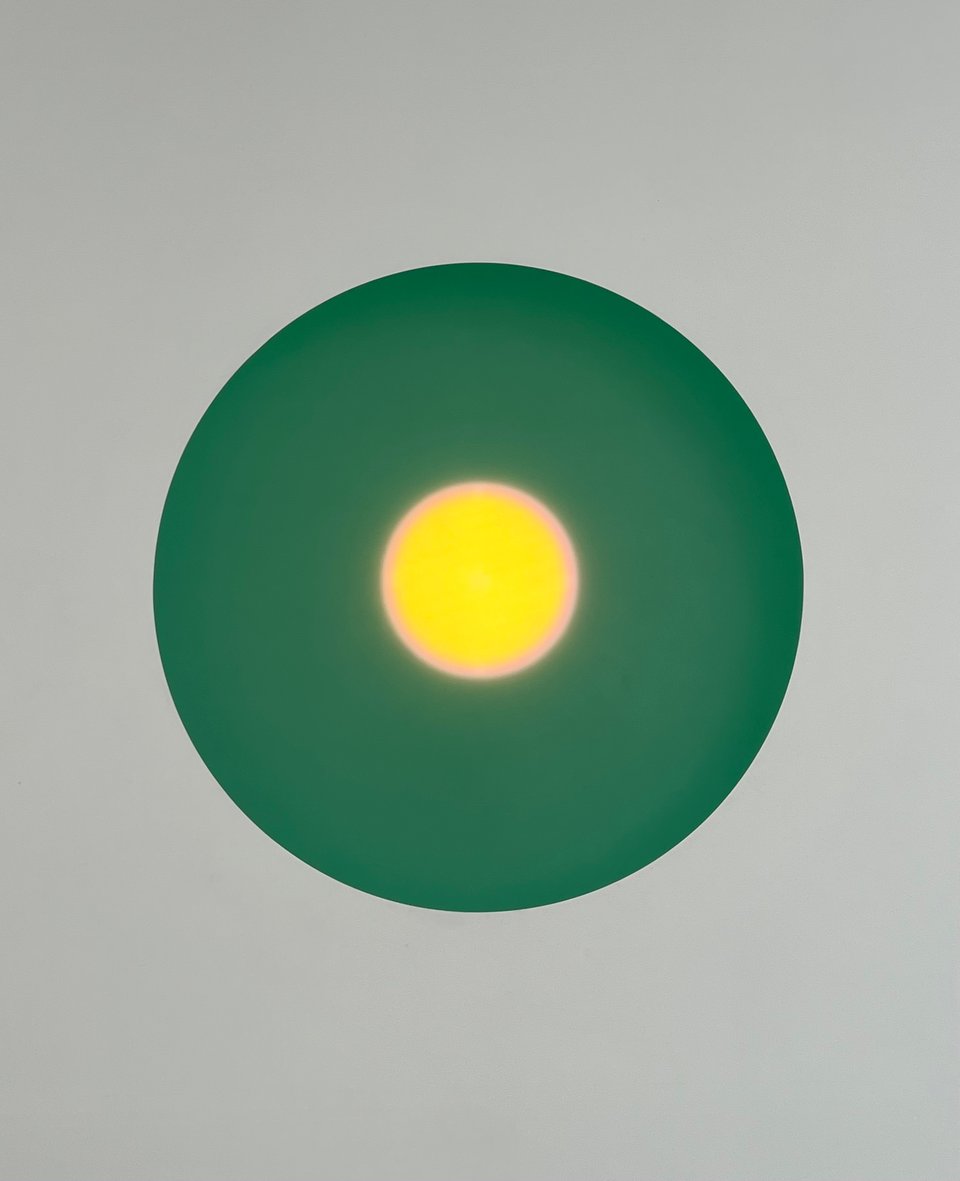A Piano in the Living Room

I remember falling in love with the idea of playing the piano. It was at a birthday party at my friend's mother’s house more than 15 years ago. During a casual dinner gathering, a guest suddenly sat at the piano and played an incredible piece for several minutes. It wasn’t just his talent that made me want to be him, but also the attention and affection he commanded from everyone in the room. “Must be nice to be him,” I thought. I grew up playing the drums, which taught me a lot. But unlike the piano or guitar—or any melodic instrument—it’s not something you can pull out at any moment to surprise a crowd and change the energy in the room. For years, I thought about learning the piano, but every time I was about to start lessons, I got distracted and didn’t prioritize it. I also assumed that the older I got, the harder it would be to learn and eventually reach the level of the guy at the party.
When Nancy moved into our East Village apartment in NYC, she didn't bring much stuff but two essentials: her red bike and her piano. The piano—technically a weighted keyboard—mostly leaned against the brick wall of our apartment. In winter, Nancy would play on Sunday mornings. I loved her rendition of “Ryuichi Sakamoto - Merry Christmas, Mr. Lawrence” so much that I’d clean the whole house to keep her playing. Occasionally, I’d sit down myself. Nancy taught me some beginner exercises, but my impatience to skip to “real songs” left me feeling stuck.
A few months ago, I felt unproductive, questioned my decisions, and became self-critical. One day, I stared at the piano we had brought to Paris. Nancy still plays, I still clean, while I stayed distant, paralyzed by my high expectations. I realized I needed a song to get started, a song I like. I can whistle and sing along, and, at the same time, it is easy enough to play on the piano, even if it’s a simplified beginner's version. “Fly Me to the Moon” by Frank Sinatra turned out to be perfect. The song holds so many memories and sparked a sense of nostalgia.
Playing the piano requires focus and sustained engagement with one task, which has become harder over the past years. We are trained to multitask and feel good about doing 100 things simultaneously. And as much as I value the talent of multitasking, especially in a professional context, I want to encourage you to practice “one-tasking.” From this experience of practicing the piano, I can say that passion and consistency make it easier to one-task, but the distractions are coming at you from all corners. I don't regret not starting earlier because I know I wasn’t ready back then and didn’t want to play the piano for the “right reasons.” It has become a source of inspiration and practice for creativity and consistency and is a good use of my time.